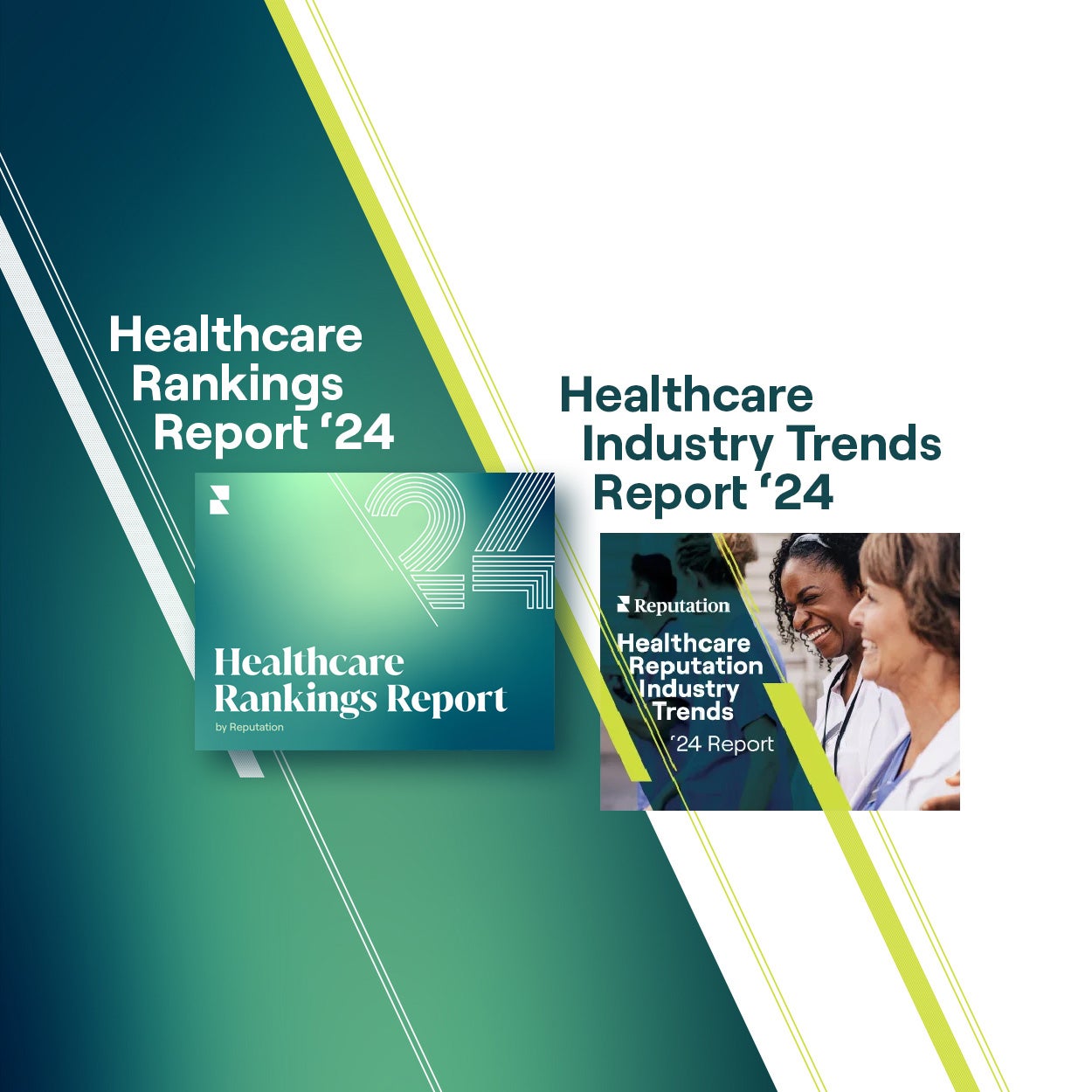Don’t Waste Your Marketing Budget
Reputation Staff Writer

You’ve got a killer marketing plan. You’ve developed clear personas, excellent branding, breakthrough messaging. You’ve analyzed data and have finely tuned the marketing channels you use to reach customers.
All that’s left to do now is turn it on, right?
Hold on.
Not if you’ve overlooked two key factors: the search results for each of your locations, and their local online reviews. Neglect these and any marketing strategy fails before it begins.
Whatever you invest in marketing — clever social campaigns, those expensive targeted online ads, direct mail, paid or earned media, SEO/SEM — it all completely vaporizes when people look for local options and see weak star ratings and bad reviews.
That is, if they see your locations at all.
Here are three ways to make sure you aren’t wasting a dime of your marketing budget:
1. Understand How Online Reviews are the New SEO
Through extensive research, we’ve found that the volume and length of a location’s online reviews determine its page ranking in search results on Google.
If a location has no reviews, few reviews, or negative reviews, it won’t make page one. In that moment, whatever was spent on marketing to that individual has had zero impact. But the more reviews a location gets, and the longer they are, the better its search ranking. The first 10 reviews boost it from hovering around the second page to the top half of the first page.
What’s more, just 50 reviews increase expected click-through rate by 266 percent. So people are far more likely to find — and visit — a location with a large number of reviews.
Solution: Start asking all customers to share feedback on the review sites that matter most to your business — and make it easy for them.
Mobile and SMS requests, e-mail surveys and tablets at point of sale are low-cost options for instantly capturing customer experience. And asking all customers for reviews generates representative samples that drive up average star ratings significantly.
To make sure that customers find your locations and not the other guy’s, don’t forget to monitor and correct business listings. Accurate listings drive up search results.
A Google My Business page for each location is indispensable now. This helps to make sure all information — from location names and addresses to hours of operation and phone numbers — are all up to date.
2. Take Charge on Social Media
Too many organizations fail to make online reviews an explicit part of their social media strategy. Facebook is no longer simply a venue for global branding — it’s rapidly becoming a place where local customers virtually congregate and rant or rave about the service they’ve received at street level.
Sometimes customers will take the trouble to share the positive, but every time they register disappointment, they’re damaging the brand your marketing budget is meant to support.
Solution: Give your locations the tools they need to tune in. Identify the social channels their local customers use the most — and commit to having a meaningful presence there.
What makes a social presence meaningful? Real community engagement. Your locations can generate it by systematically:
-
Surveying all customers
-
Capturing all of the first-party reviews they’re generating directly
-
Consolidating the third-party reviews that are appearing on specialty sites
-
Streaming that great content to their locations’ web pages
-
Syndicating it on social media
-
Driving it through Facebook ads
It will be worth the effort. Customer reviews are more credible in the eyes of prospective customers than any global marketing message could ever be.
3. Remember: Conversations are for Companies
Imagine a team member in one of your locations is standing face-to-face with a customer who politely raises a legitimate concern, looking for help. Now, picture that loyal employee turning away without saying a word.
Would never happen, right? Unfortunately, if your locations aren’t actively responding to customer comments on social media and review sites, that is precisely what’s happening.
Solution: Make sure your locations are equipped to be responsive. Have managers ensure that their teams check in on reviews from all sources, on a daily basis (or at the very least, twice a week). Give them the tools and templates they need to compose quick, positive and professional responses to each review.
Your teams are not only communicating with those customers. They’re signaling to future customers that yours is a business that cares, no matter which location they visit.
And that message — reinforced by every customer that writes a positive review — has an impact on location performance and revenue that no corporate marketing program could ever outperform.
Next up: Practical Strategies for Not Burning That Marketing Money

